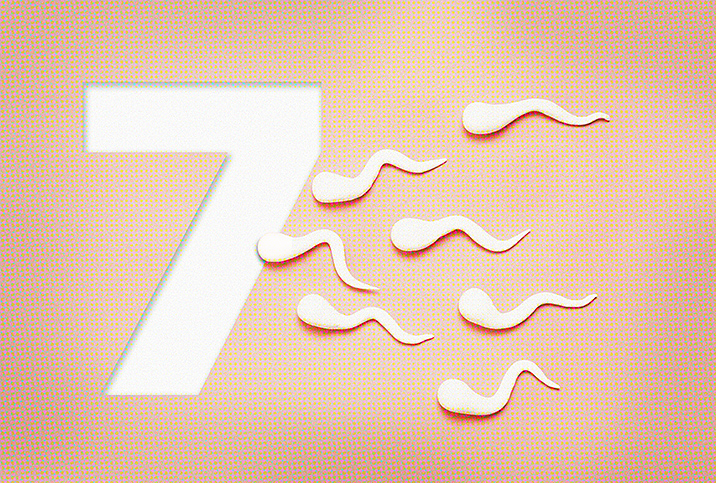You're Infertile. Now What? 3 Questions to Ask Your Urologist

An infertility diagnosis can sound like a life sentence to some men. Fortunately, advances in reproductive medicine have made it possible for men diagnosed with infertility to lead a healthy sex life and even have children.
But figuring out what to do can be difficult when you're shell-shocked by an unexpected revelation and don't know where to turn. Finding a urologist you're comfortable talking with can help get that panicky "What do I do now?" feeling under control. It's important, too, to gather the facts, including a comprehensive medical history and a list of medications you're taking so your trip to the urologist can be especially helpful. Understanding your fertility problem and making sense of the situation means asking lots of questions. Take your time and be thorough: The answers you receive will impact your life, relationship and the quality of your sex life. Here are three key questions to ask your urologist about infertility:
1. Can I still have children?
Feeling depressed about an infertility diagnosis is understandable, especially if having children is important to you. However, infertility doesn't necessarily mean children are out of the question. Roughly 1 in 8 couples cannot become pregnant, but many surgical and nonsurgical treatments can help an infertile man become a happy, healthy babymaker.
In vitro fertilization (IVF) and intracytoplasmic sperm injection (ICSI) are options in many infertility cases, though harvesting viable sperm can be a challenge. Rectal probe electroejaculation successfully collects sperm in 90 of 100 cases (usually under anesthesia), while penile vibratory stimulation produces sperm by gently vibrating the shaft and head. In some cases, it may be possible to retrieve sperm directly from the testicle with a needle.
Male infertility is frequently caused by some kind of blockage, and surgery can often help, depending on the nature of the blockage. For example, microsurgical epididymal sperm aspiration circumvents the blockage by extracting, via the epididymis, enough sperm with sufficient motility for a successful pregnancy.
2. Can testosterone help?
Testosterone is a hormone that lies at the very core of male physicality. It is involved in the development of sexual organs as well as bone and muscle growth, and it's integral to a man's sex life. But its role in the reproductive process is often misunderstood.
Low testosterone does not cause infertility. Even a man with low testosterone may have sufficient sperm levels. Too much testosterone can actually result in a lower sperm count. Achieving the optimal balance of hormones, such as testosterone and follicle-stimulating hormone (FSH), is key to sperm production, which is why consulting a male reproductive specialist is so important in determining the proper treatment.
3. How will my sex life be affected?
A 2015 Penn Medical report suggests that "infertility stress" can ruin a man's sex life because stress releases cortisol, the "fight or flight" hormone, which results in low sexual arousal. Infertility can place enormous stress on a relationship and cause sex to become a dreaded chore for an infertile man struggling to cope with such pressure.
Under such circumstances, couples may be able to maintain a healthy sexual relationship by finding ways to approach sex not as a results-oriented task that's unlikely to result in pregnancy, but as a pleasurable activity rooted in simple intimacy. This can be a difficult mindset for an infertile male to embrace and maintain, though counseling can help.
Don't give up
If you've been diagnosed with infertility, stay optimistic and keep an open mind. There are too many treatment options available for you to give in to desperation and assume infertility is a done deal. For example, 60 percent of men with a varicocele blockage have improved semen quality after treatment. With the right specialist and plenty of good information, you can enjoy a satisfying sexual relationship and possibly experience parenthood after all.


















